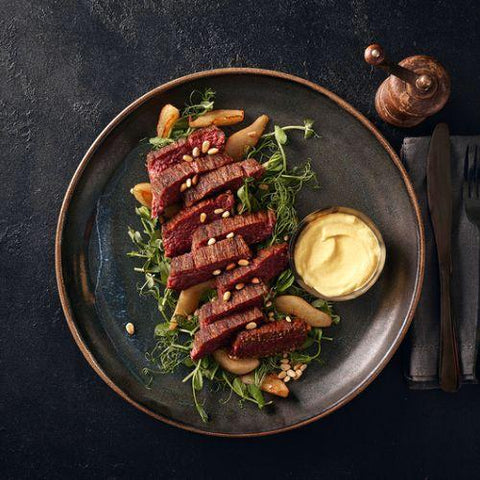Have you ever come across a sick or injured animal? It can be tricky to know exactly what to do, especially if the animal is distressed, bleeding or non-responsive. As the weather warms up, it’s likely that we’ll encounter more animals that require our immediate help and assistance from trained wildlife experts, like the folks at WIRES and the RSPCA.
That’s why we’ve put together this simple guide to care for Australian wildlife — so keep on reading to find out the do’s and don’ts of wildlife rescue!
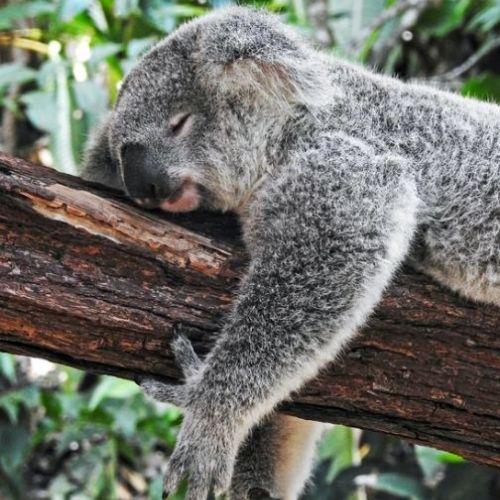

Identify The Animal & Approach Carefully
So, you’ve come across a sick, injured or distressed animal! The first thing you need to do is ensure your OWN safety. Never attempt to cross a busy road, climb a tall tree or enter a dangerous situation if it puts you at risk.
The next step is to identify the animal. I think we all know that many Australian animals — like snakes, crocodiles, spiders, sharks, goannas and bats — can be extremely dangerous! But even our cutest and cuddliest animals — like koalas, possums, kangaroos, wallabies and bandicoots — may accidentally inflict damage from their sharp claws and teeth.
That’s why it’s very important to maintain a distance from snakes, lizards (goannas), bats (flying-foxes or microbats), large macropods (kangaroos or wallabies) or raptors (eagles, falcons or hawks). According to WIRES, these animals require specialist handling and must always be rescued by trained rescuers.
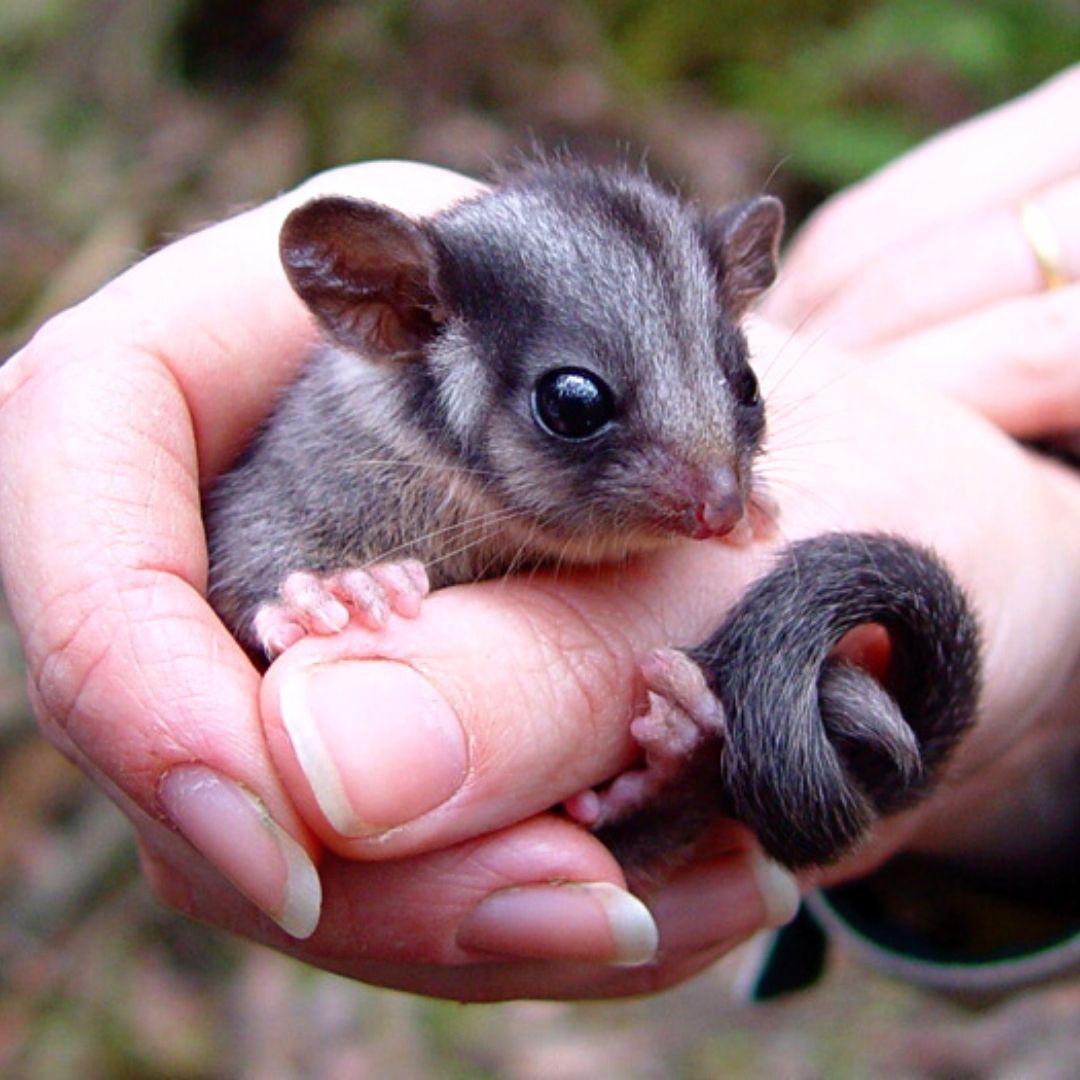

If Safe To Do So, Handle The Animal With Care
The next step is to remove any threat from the animal and ensure that other people, pets and cars are kept away from it. The most important thing is to keep the animal calm. So, if it’s safe to do so — wrap the animal in a towel, place it in a dark, ventilated box, and move it to a quiet place. It’s essential to handle the animal carefully to reduce the risk of further injuries, and to reduce shock.
For larger animals like kangaroos or wombats (or dangerous animals), it’s best to keep an eye on it and wait for animal rescue personnel to arrive. Smaller animals that require urgent medical attention can be transported to your nearest vet, where they’ll take care of the animal for free. If it’s a pet, like a dog or a cat, check if the animal has a collar with a phone number on it.
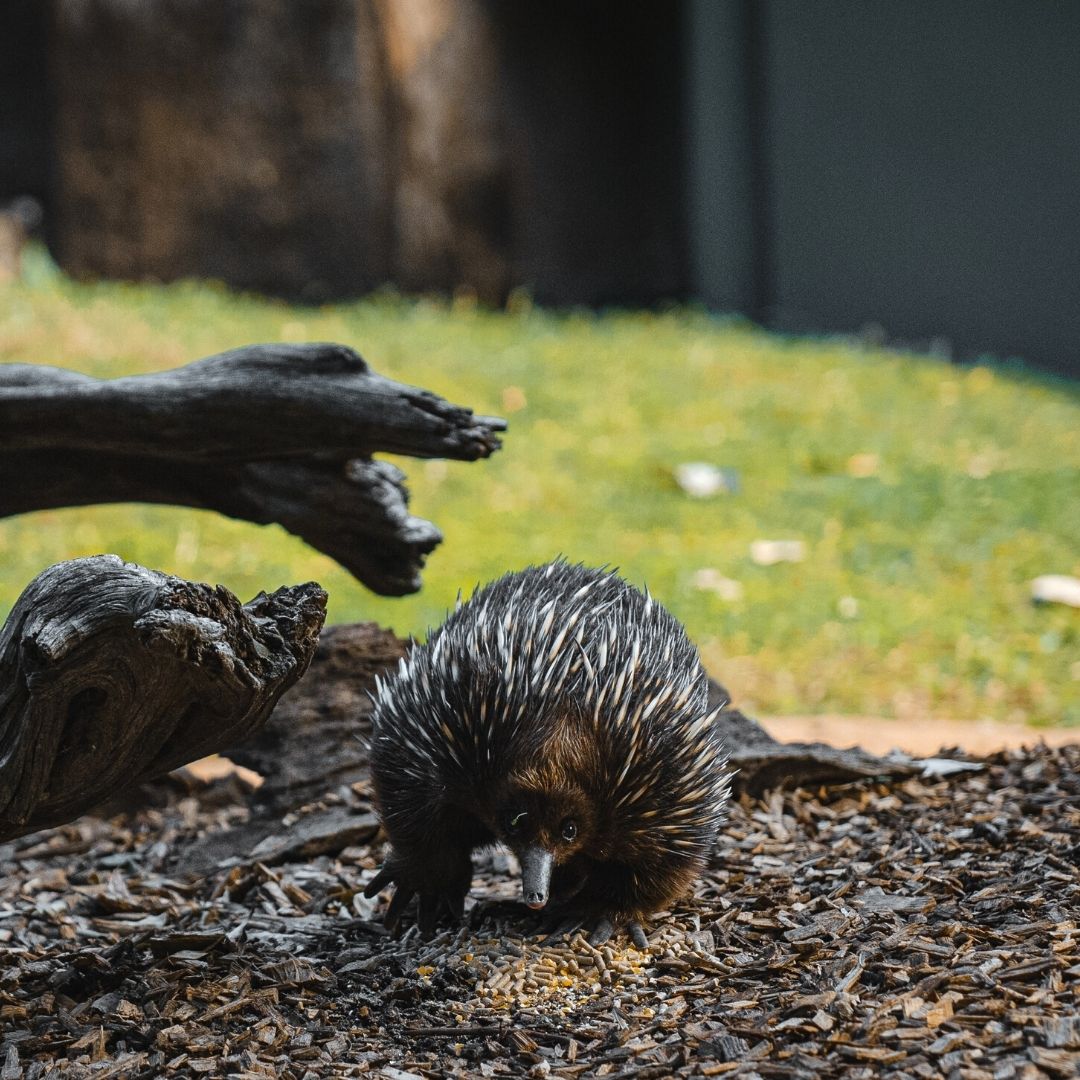

Animal Rescue Tips!
- Remember exactly where you found the animal. This will be helpful for wildlife rescuers to potentially reunite the animal with its parents/family.
- In most situations, it’s probably not a good idea to give the injured animal food or water unless you’re advised to do so by wildlife rescuers.
- Keep the animal calm and secure by wrapping it in a towel, placing it in a dark, ventilated box and reducing noise around you.
- Never handle bats or flying foxes, as they might be carrying diseases!
- Never remove a baby possum, wombat, wallaby, echidna, koala or kangaroo from the mother’s pouch.
- Never attempt to raise an orphaned animal on your own! No matter how cute the animal is, it’s best to receive professional help so that the animal can return to its natural habitat.
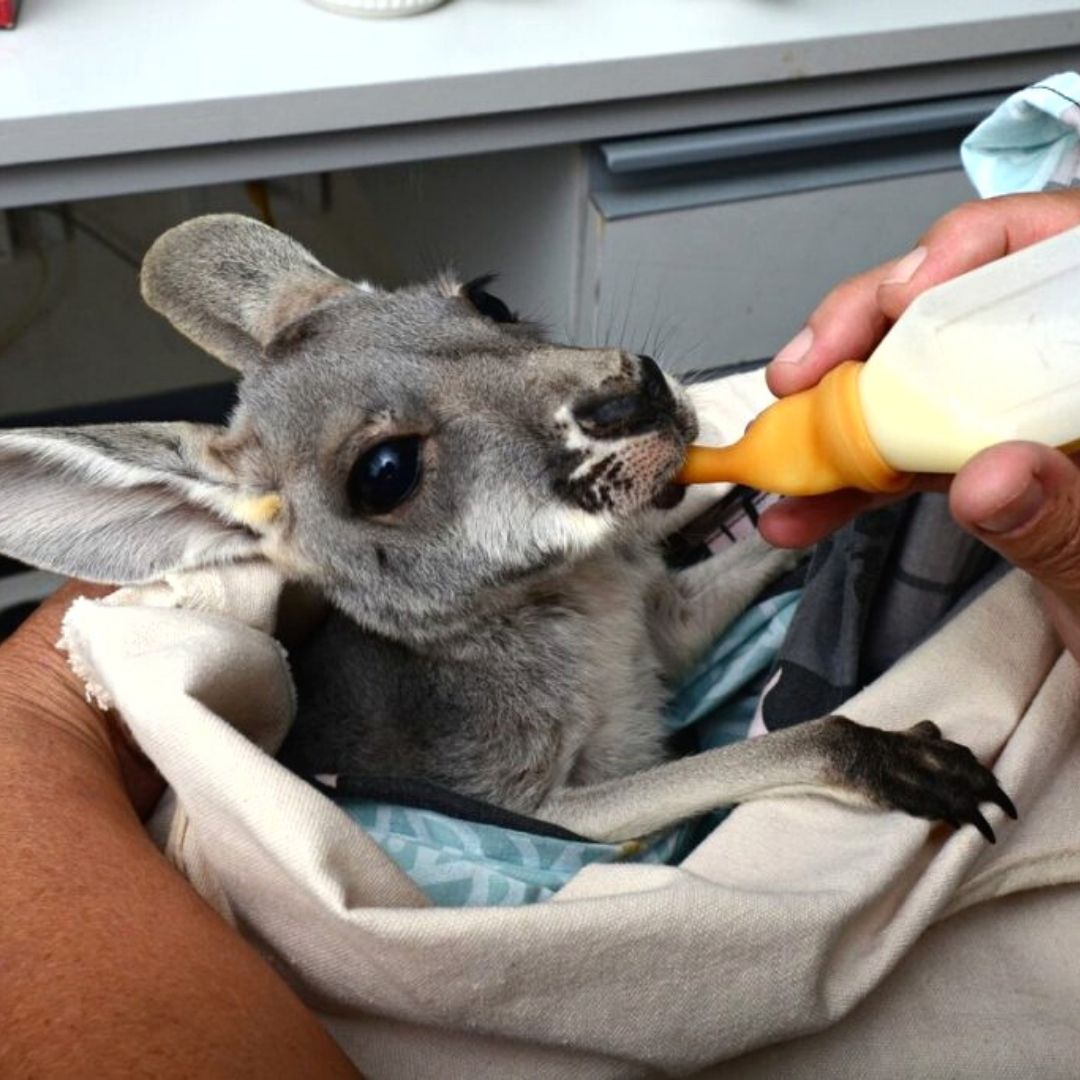

Who Should I Call For Help?
The most important thing you can do when you find a sick or injured animal is to call for help. Throughout Australia, your best bet is to call your nearest vet or contact your nearest RSPCA branch.
Below are the best numbers to call in your state or territory.
- NSW metro and regional: WIRES 1300 094 737; Sydney metro: Sydney Wildlife 24-hour assistance (02) 9413 4300
- Queensland: RSPCA 1300 264 625
- NT: Wildcare NT (08) 8988 6121 or 0408 885 341
- WA: Wildcare Helpline (08) 9474 9055
- SA: Fauna Rescue of SA (08) 8289 0896
- Victoria: Wildlife Victoria (03) 8400 7300
- Tasmania: Wildcare Tasmania 1300 827 727
- ACT: ACT Wildlife 0432 300 033
We really hope this helps! By knowing this information and knowing who to call, you could potentially save a life — which we think is pretty amazing. If you’ve ever rescued a sick or injured animal, we’d love to hear your story!
Check out this WIRES page for more Emergency Wildlife Rescue Advice. If you’re unsure of how to care for injured or orphaned birds, check out our blog — Caring For Wildlife In Spring.
If you love learning about native Australian species and how you can help protect them, please check out the blogs below!
New Hope For Critically Endangered Parrot Species


